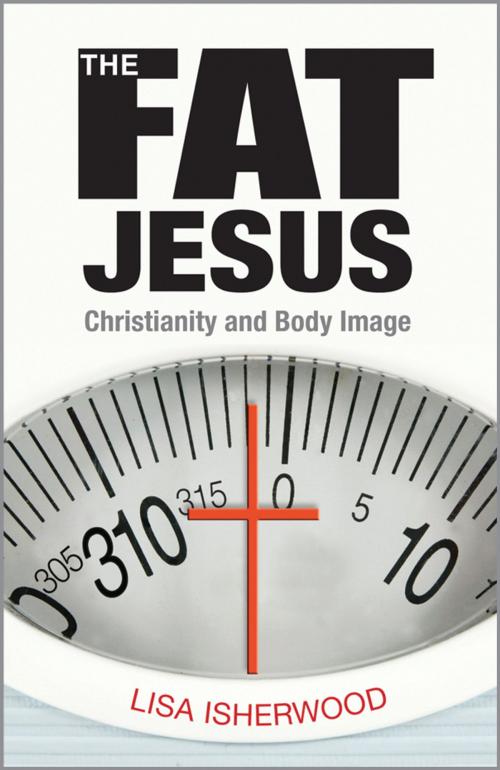The Fat Jesus
Christianity and Body Image
Nonfiction, Religion & Spirituality, Christianity, Christian Life| Author: | Lisa Isherwood | ISBN: | 9781596272002 |
| Publisher: | Church Publishing Inc. | Publication: | March 1, 2008 |
| Imprint: | Seabury Books | Language: | English |
| Author: | Lisa Isherwood |
| ISBN: | 9781596272002 |
| Publisher: | Church Publishing Inc. |
| Publication: | March 1, 2008 |
| Imprint: | Seabury Books |
| Language: | English |
We are living in a food and body image obsessed culture. We are encouraged to over-consume by the marketing and media that surround us and then berated by those same forces for doing so. At the same time, we are bombarded with images of unnaturally thin celebrities who go to enormous lengths to retain an unrealistic body image, either by extremes of dieting or through plastic surgery or both. The spiritual realm is not immune from these pressures, as can be seen in the flourishing of biblically and faith based weight loss programs that encourage women to lose weight physically and gain spiritually. Isherwood examines this environment in light of Christian tradition, which has often had a difficult relationship with sexuality and embodiment and which has promoted ideals of restraint and asceticism. She argues that part of the reason for our current obsession and bizarre treatment of issues around weight, size and looks is that secular society has unknowingly absorbed many of its negative attitudes towards the body from its Christian heritage. Isherwood argues powerfully that there are resources within Christianity that can free us from this thinking, and lead us towards a more holistic, incarnational view of what it is to be human. The Fat Jesus provides a fascinating study of the complex ways that food, women and religion interconnect, and proposes a theology of embrace and expansion emphasizing the fullness of our incarnation.
We are living in a food and body image obsessed culture. We are encouraged to over-consume by the marketing and media that surround us and then berated by those same forces for doing so. At the same time, we are bombarded with images of unnaturally thin celebrities who go to enormous lengths to retain an unrealistic body image, either by extremes of dieting or through plastic surgery or both. The spiritual realm is not immune from these pressures, as can be seen in the flourishing of biblically and faith based weight loss programs that encourage women to lose weight physically and gain spiritually. Isherwood examines this environment in light of Christian tradition, which has often had a difficult relationship with sexuality and embodiment and which has promoted ideals of restraint and asceticism. She argues that part of the reason for our current obsession and bizarre treatment of issues around weight, size and looks is that secular society has unknowingly absorbed many of its negative attitudes towards the body from its Christian heritage. Isherwood argues powerfully that there are resources within Christianity that can free us from this thinking, and lead us towards a more holistic, incarnational view of what it is to be human. The Fat Jesus provides a fascinating study of the complex ways that food, women and religion interconnect, and proposes a theology of embrace and expansion emphasizing the fullness of our incarnation.















